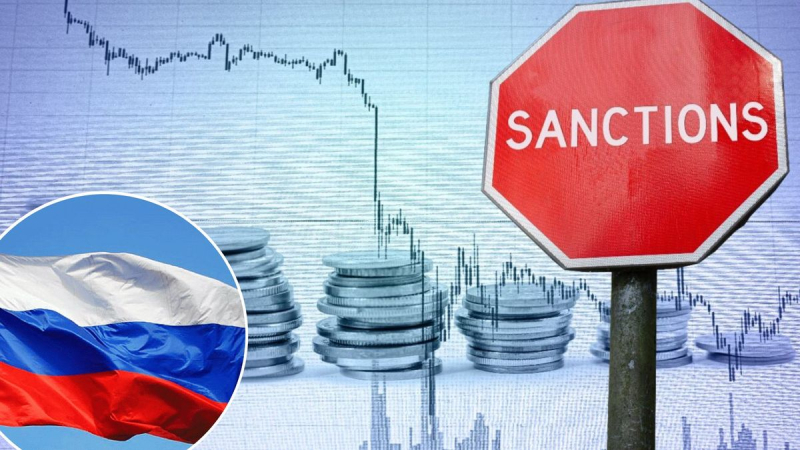
Sanctions are a powerful economic weapon. The untargeted are capable of hurting several generations of the aggressor. The main thing is that they are able to economically strangle the aggressor to the point of complete immobilization.
Why the aggressor was not afraid of sanctions
The threat of their use should deter potential aggressors in fear. It should be enough to keep them from starting a war.
At least that's what the founding parents of the sanctions, as descendants of the blockade, thought.
But in the interwar decades, trade prevailed over security. The economic interdependencies built by globalization have become so pervasive that there is no single set of sanctions that, in the short or medium term, would lead to the result expected by the founding parents.
There is a simple and effective formula to counter them: the more countries do not join to sanctions and the larger the size of the economies of these countries, the weaker the oxygen is blocked and the longer it takes to suffocate.
This forces those who counter the aggressor to look for targets that they are most effectively able to hit. And those that ricochet less in them. Therefore, sanctions will stifle the aggressor only in the long term, which means that everyone will have to live with them for a long time.
Russia was preparing for war on the economic front
Aggressors prepared for war not only on the military, but also on the economic front. While the civilized world was disarming, they were arming here and there.
But the development and use of weapons are, first of all, the brains that flee from dictatorial regimes. This means that, despite the competitive advantage in time, the aggressors will inevitably lose at the stage when the civilized world will fully switch to a war footing.
We can see how this is happening in the military direction: new production lines and factories are being opened, investments and percentages of GDP are significantly increasing.
It is the same under the sanctions, only less noticeable. The essence and provision of sanctions bodies, the system for exchanging classified information between countries, the meaning of enforcement are being rethought.
It is easier for countries that even slightly kept themselves in the form of sanctions, such as the United States or Great Britain. They move faster, they need to change less. It is much more difficult for countries whose sanctions policy has atrophied (like ours), which still do not even have a body responsible for enforcement.
The next decade will be turbulent in the world. We will need a sound Ukrainian sanctions policy after the victory over Russia just like today.

